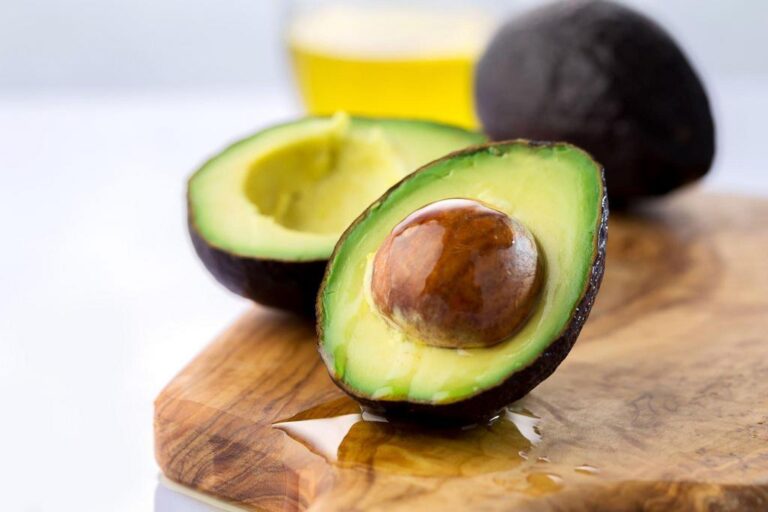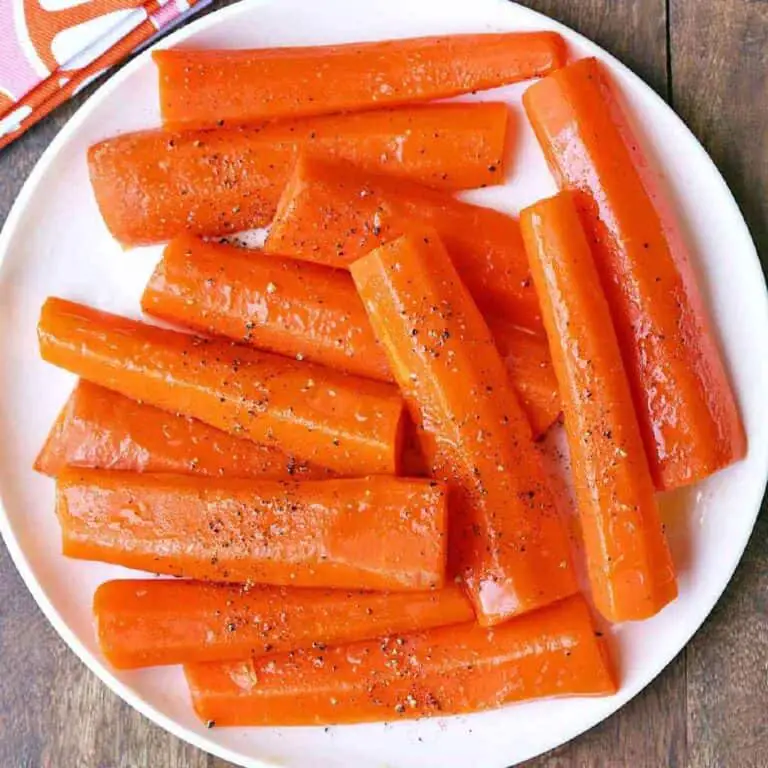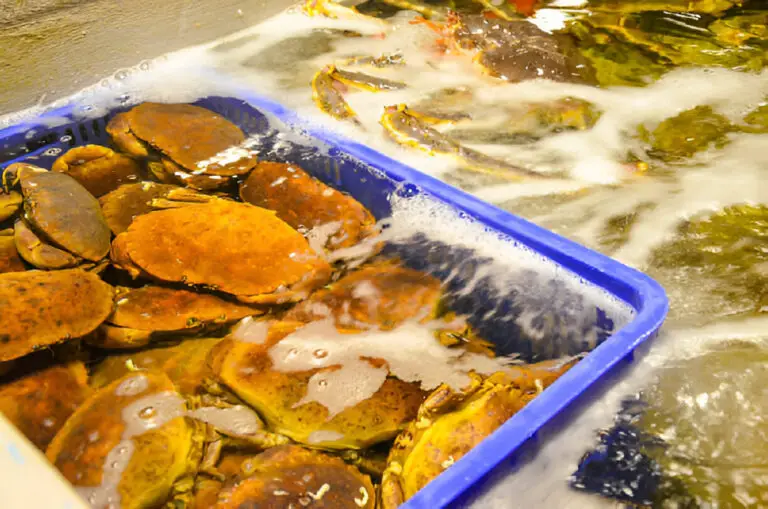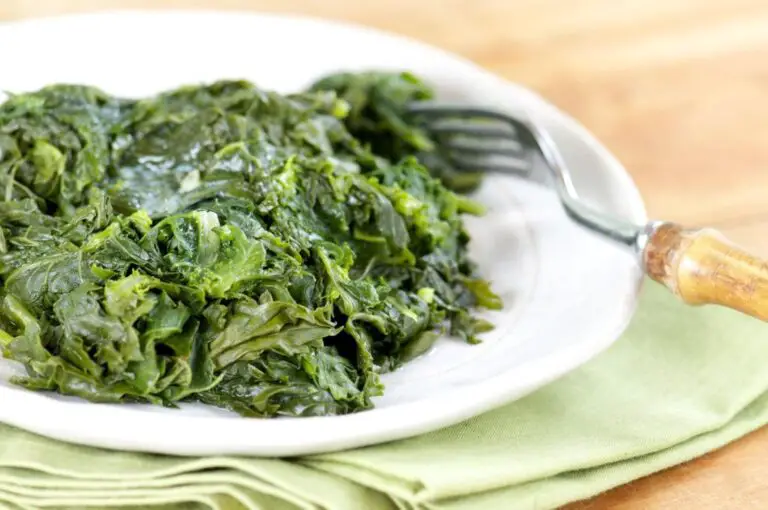Can You Put Avocados in the Fridge to Slow Ripening?
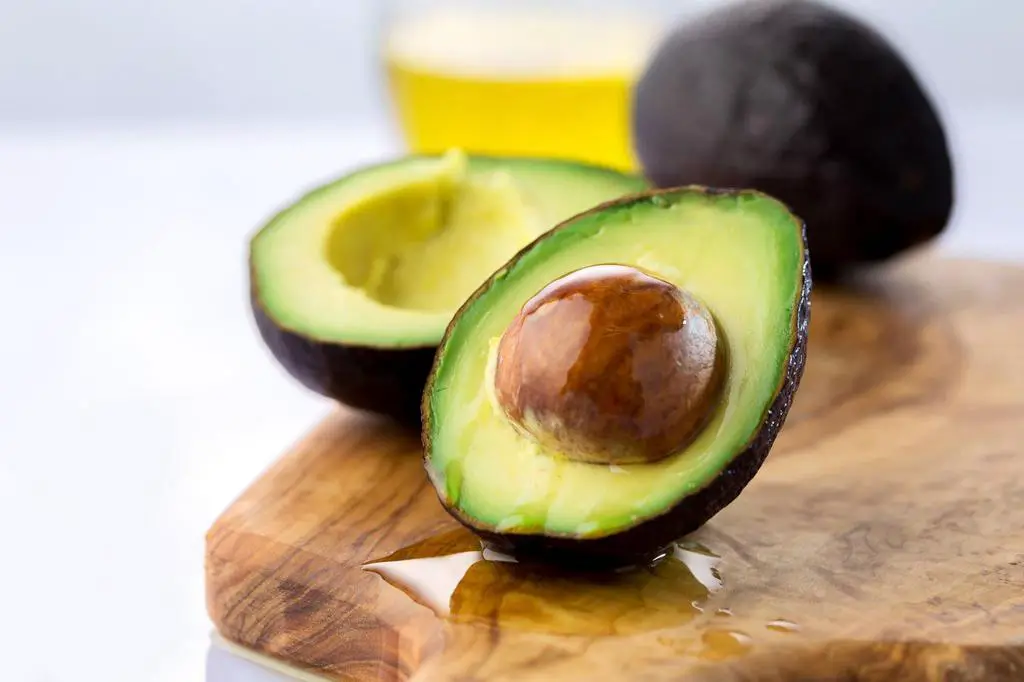
Have you ever found yourself with too many ripe avocados and not enough time to eat them all? You might have wondered, Can you put avocados in the fridge to slow their ripening?
Avocados, with their creamy texture and nutty flavor, are a beloved fruit in many households. However, their relatively short window of perfect ripeness can often pose a challenge. Many avocado enthusiasts wonder if storing them in the fridge can help extend their shelf life and slow down the ripening process.
In this article, we’ll explore this common question and provide you with the answers you need to keep your avocados fresh for longer. Whether you’re a guacamole enthusiast or just love adding avocados to your meals, knowing how to store them properly can help you enjoy them at their best.
Understanding Avocado Ripening
Avocados are unique in that they don’t ripen while still on the tree. Instead, the ripening process begins only after they are harvested. This characteristic sets avocados apart from many other fruits and is essential for their development into the creamy, flavorful fruit we love. The key player in this process is ethylene gas, a naturally occurring plant hormone that acts as a catalyst for ripening.
When an avocado is exposed to ethylene, a series of biochemical reactions are set into motion. These reactions cause the fruit to soften, making it easier to cut and eat. Additionally, the flavor and texture of the avocado evolve during this stage, transitioning from hard and unripe to the rich, buttery consistency that is so desirable in dishes like guacamole or on toast.
Temperature significantly influences the speed at which avocados ripen. Warmer temperatures accelerate the release of ethylene gas, which hastens the softening process.
Conversely, cooler temperatures can slow down ripening, allowing for more extended storage before the fruit reaches its peak. This is why avocados stored in the fridge ripen much slower than those left out at room temperature.
Why Are Avocados Not Ripening?
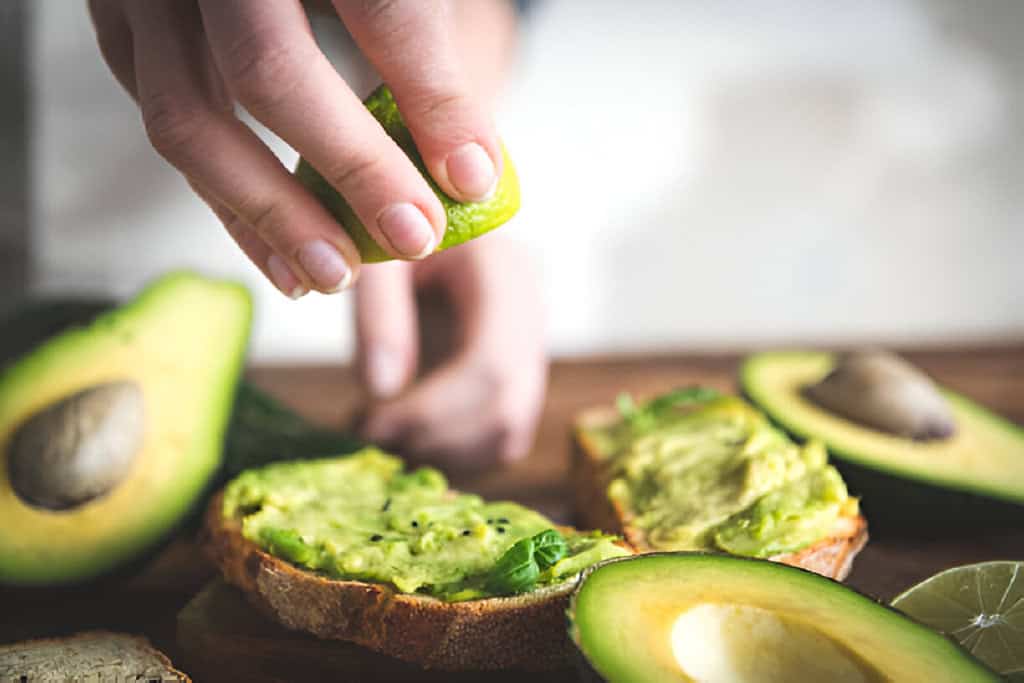
Avocados not ripening can be frustrating, but several factors might be causing this. Understanding these reasons can help you take the necessary steps to ripen them properly. Here are some common reasons why avocados may not be ripening:
- Unripe when picked: Avocados are often picked when they are still unripe to prevent damage during transportation. If an avocado is not yet mature when harvested, it may take longer to ripen.
- Cold storage: Avocados should be stored at room temperature to ripen properly. Placing them in the fridge can slow down the ripening process or prevent it altogether.
- Ethylene exposure: Avocados ripen in the presence of ethylene gas. If they are stored away from ethylene-producing fruits like bananas or apples, they may not ripen as quickly.
- Variety: Some avocado kinds naturally take longer to ripen than others. For example, Hass avocados can take up to a week or more to ripen fully.
Ideal Storage Conditions for Avocados
To understand if refrigeration can slow avocado ripening, it’s essential to first know the optimal conditions for storing avocados:
- Room Temperature: Avocados ripen best at room temperature, ideally around 68-72°F (20-22°C). At this temperature, the enzymes responsible for ripening can work efficiently without causing the fruit to spoil too quickly.
- Humidity: Avocados prefer moderate humidity levels. Too dry an environment can cause them to shrivel, while excessive moisture can lead to mold growth.
- Air Circulation: Proper air circulation helps maintain the avocado’s freshness and prevents moisture buildup, which can accelerate spoilage.
Can Refrigeration Slow Avocado Ripening?
While refrigeration can indeed slow down the ripening process of most fruits, including avocados, it’s important to understand the nuances:
- Temperature Impact: Refrigerators are cooler than room temperature, typically around 35-40°F (1-4°C). This lower temperature can inhibit the production of ethylene gas and slow down enzymatic activity, thereby delaying the ripening process of avocados.
- Timing Matters: If you have ripe avocados that you want to keep from over-ripening, placing them in the fridge can extend their shelf life for a few days. The cold temperature slows down the softening process, giving you more time to use them before they become overripe.
- Not for Unripe Avocados: If your avocados are still unripe and firm, it’s best to leave them at room temperature to allow them to ripen naturally. Once they reach your desired level of ripeness, you can transfer them to the fridge to prolong their shelf life.
Table: Storage Tips for Avocados
| Condition | Storage Method | Effectiveness |
| Ripe Avocados | Refrigerator (35-40°F / 1-4°C) | Slows down ripening process, extends shelf life |
| Unripe Avocados | Room Temperature (68-72°F / 20-22°C) | Allows natural ripening process |
| Cut Avocados | Refrigerator (wrapped in plastic) | Slows browning, use lemon juice for freshness |
Cons of Refrigerating Avocados
On the downside, refrigerating avocados can sometimes have a negative impact on their texture and flavor. When avocados are stored in the cold, they may develop a slightly firmer texture, which some people find less appealing compared to the creamy consistency of room-temperature ripened avocados. Additionally, the flavor might be less intense, making the fruit less enjoyable for those who love its rich taste.
Another consideration is the risk of refrigerating unripe avocados. Putting an unripe avocado in the fridge can slow down the ripening process so much that it may not ripen properly once taken out. This can result in a fruit that stays hard or ripens unevenly, leading to a disappointing experience.
Finally, it’s essential to recognize the signs that an avocado has been negatively affected by cold storage. Common indicators include darkened skin, a stringy or watery interior of avocado, or off-flavors that diminish the fruit’s appeal. Being aware of these signs can help you determine when an avocado is no longer suitable for consumption.
In summary, while refrigerating avocados offers convenience and longevity, it’s essential to balance these benefits against the potential drawbacks to make the most of your avocado experience.
Tips for Storing Avocados Effectively
- Ripeness Check: Assess the firmness of avocados by gently pressing near the stem. Ripe avocados yield slightly to gentle pressure.
- Store with Ethylene Producers: Keep avocados away from ethylene-producing fruits like bananas and apples if you want to slow their ripening.
- Use of Citrus: Sprinkling lemon or lime juice on cut avocados can help delay browning and maintain their vibrant green color.
Conclusion
In conclusion, while avocados are best ripened at room temperature, refrigeration can be a useful tool to slow down the ripening process and extend their shelf life, especially if they are already ripe. Understanding the balance between temperature and ripening stages is key to enjoying avocados at their peak.
Whether you’re preparing for future meals or trying to preserve ripe avocados for a bit longer, these storage tips will help you make the most of this versatile and nutritious fruit. Embrace the flexibility that refrigeration offers while ensuring you enjoy perfectly ripe avocados whenever you’re ready to indulge.

